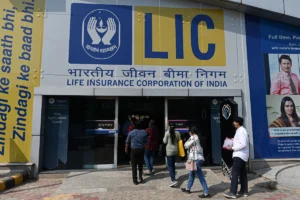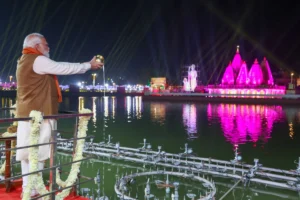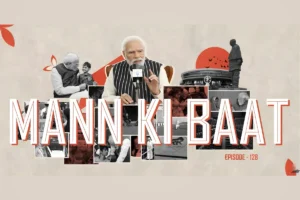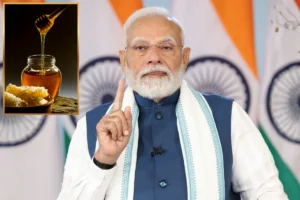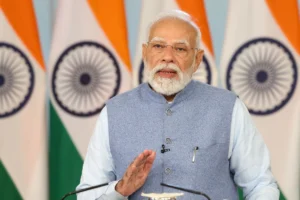
Electoral Bonds ruled out by Supreme Court of India
A seven-year-old election funding scheme known as “electoral bonds” that permitted people and businesses to make unlimited, anonymous financial contributions to political parties has been abolished by the Supreme Court of India. As per the apex court, bonds act as hindrance to citizen’s fundamental right to information.
Given that the Bharatiya Janata Party received more than 60% of the donations made under the electoral bonds scheme between 2016 and 2022, the party is probably going to suffer the most as a result of the Supreme Court’s decision to discontinue the electoral bonds.
Electoral bonds defined…
A financial tool called electoral bonds enables people and organizations to give money to political parties in while keeping anonymity. As a replacement to cash donations, the BJP government introduced them in 2018. They were presented as a project to increase political funding transparency. Election Commission data shows that 28,030 electoral bonds were sold for ₹ 16,437.63 crore between 2016 and 2022.
Also Read: Government Must Address Farmer Concerns and Safeguard Right to Protest: Jamaat-e-Islami Hind
Donation distribution across parties
Nearly 60% of the total donations, or ₹ 10,122 crore, went to the BJP, which was the main recipient of these contributions. In the same period, the ruling Trinamool Congress in West Bengal received ₹ 823 crore, or 8% of all bonds, while the main opposition Congress party received ₹ 1,547 crore, or 10%. Election-bond donations to the BJP exceeded the total contributions to all other thirty parties on the list by three times.
Although the goal of the electoral bonds was to reduce the amount of black money in politics and increase transparency in donations, the Supreme Court ruled today that these goals did not justify the program. It also demonstrated how these objectives could be successfully attained by other means.
SBI shares affected with decision
State Bank of India (SBI) shares were locked at 3% upper circuit, reaching a 52-week high of ₹763.90 per share on the BSE following the Supreme Court’s (SC) order requiring the state-owned lender to reveal information about election bonds cashed by political parties, including the date and denomination.
To read more such news, download Bharat Express news apps


















